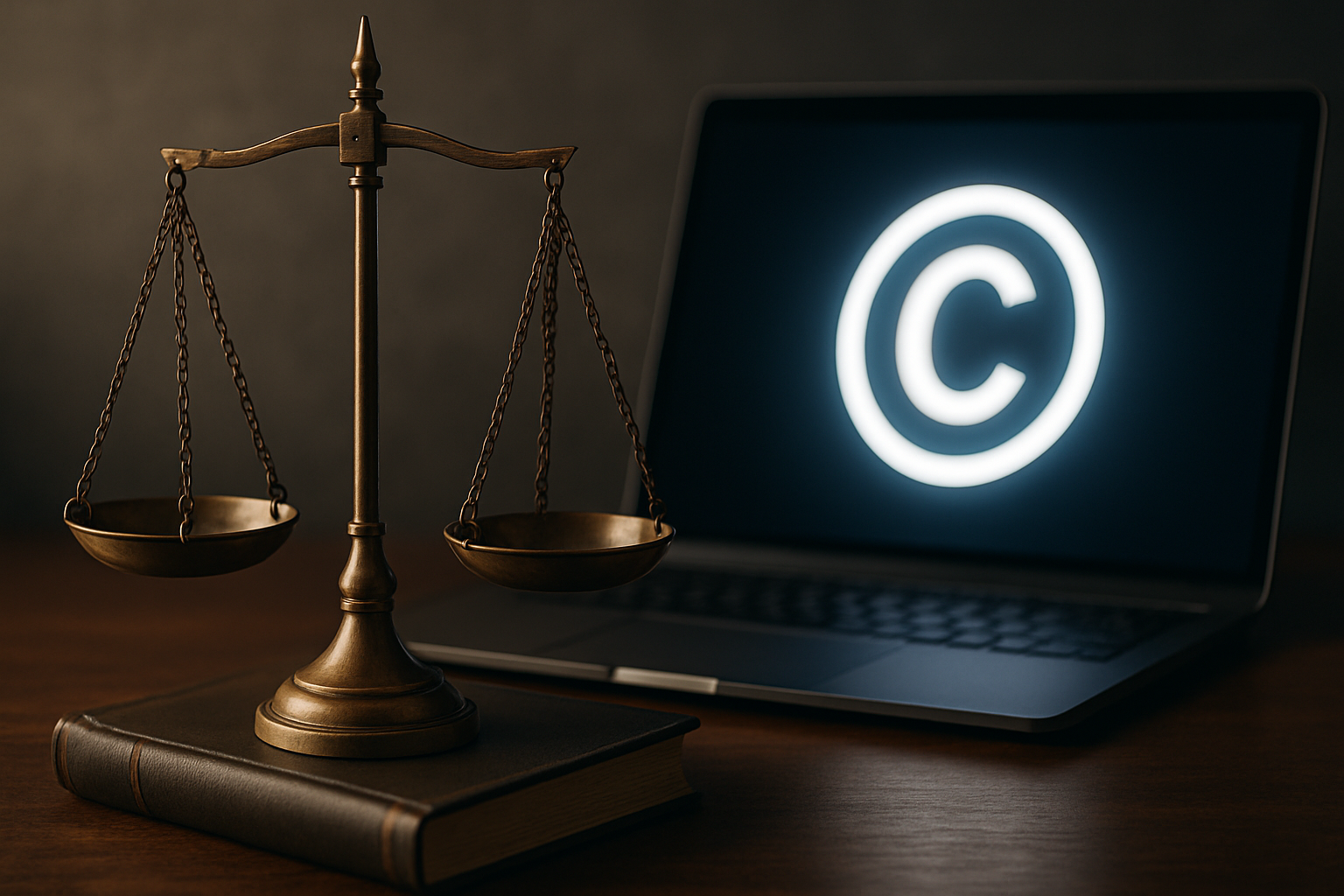Title: Navigating the Intricacies of Legal Personhood for AI Systems
In an era of rapid technological advancement, the question of granting legal personhood to artificial intelligence (AI) systems has emerged as a complex and thought-provoking legal challenge. This article delves into the intricate legal considerations surrounding AI personhood, exploring its potential implications for society, business, and governance.

Historical Precedents and Evolving Legal Frameworks
The concept of non-human legal persons is not entirely new. Corporations have long been recognized as legal entities with certain rights and obligations. However, the potential recognition of AI as a legal person presents unique challenges due to the autonomous and evolving nature of these systems.
Several jurisdictions have begun to grapple with this issue. In 2017, Saudi Arabia granted citizenship to a humanoid robot named Sophia, sparking global debate about the legal implications of such a move. While largely symbolic, this action highlighted the need for a comprehensive legal framework to address AI personhood.
Key Legal Considerations in AI Personhood
Defining the criteria for AI personhood is a complex task. Legal scholars and policymakers must consider various factors, including the level of autonomy, decision-making capabilities, and potential for consciousness in AI systems. The ability to form intent and bear responsibility for actions are crucial elements in determining legal personhood.
Another critical aspect is the potential liability of AI systems. If granted legal personhood, how would an AI entity be held accountable for its actions? This question becomes particularly pertinent in cases of AI-driven decision-making in fields such as healthcare, finance, and autonomous vehicles.
Implications for Intellectual Property and Contract Law
The recognition of AI as a legal person could have far-reaching consequences for intellectual property rights. If an AI system creates a novel invention or piece of art, who owns the rights to that creation? Current legal frameworks may need significant revision to accommodate AI authorship and inventorship.
In the realm of contract law, the ability of AI systems to enter into legally binding agreements raises intriguing questions. How would the principles of offer, acceptance, and consideration apply to AI-negotiated contracts? The potential for AI to act as an agent in commercial transactions adds another layer of complexity to this legal landscape.
Ethical and Societal Considerations
Beyond the legal technicalities, the concept of AI personhood touches on deep philosophical and ethical questions. It challenges our understanding of what it means to be a person and the rights and responsibilities that come with that status. The potential impact on human rights, labor laws, and social structures must be carefully considered.
There are also concerns about the potential abuse of AI personhood. Could it be used as a shield for corporate misconduct or to evade human responsibility? Safeguards would need to be put in place to prevent such misuse while still allowing for the legitimate recognition of AI entities.
The Path Forward: Balancing Innovation and Regulation
As AI technology continues to advance, the legal community faces the challenge of developing frameworks that can accommodate these new entities while protecting human interests. This may involve creating new legal categories that recognize the unique nature of AI systems without necessarily equating them to human persons.
International cooperation will be crucial in developing consistent global standards for AI personhood. The cross-border nature of AI technology necessitates a coordinated approach to prevent legal conflicts and ensure fair and ethical treatment of AI entities across jurisdictions.
In conclusion, the question of legal personhood for AI systems represents a frontier in legal theory and practice. As we navigate this complex landscape, it is essential to strike a balance between fostering innovation and maintaining the fundamental principles of justice and human rights. The decisions made in the coming years will shape the legal framework for AI for generations to come, making it imperative that we approach this issue with careful consideration and foresight.






